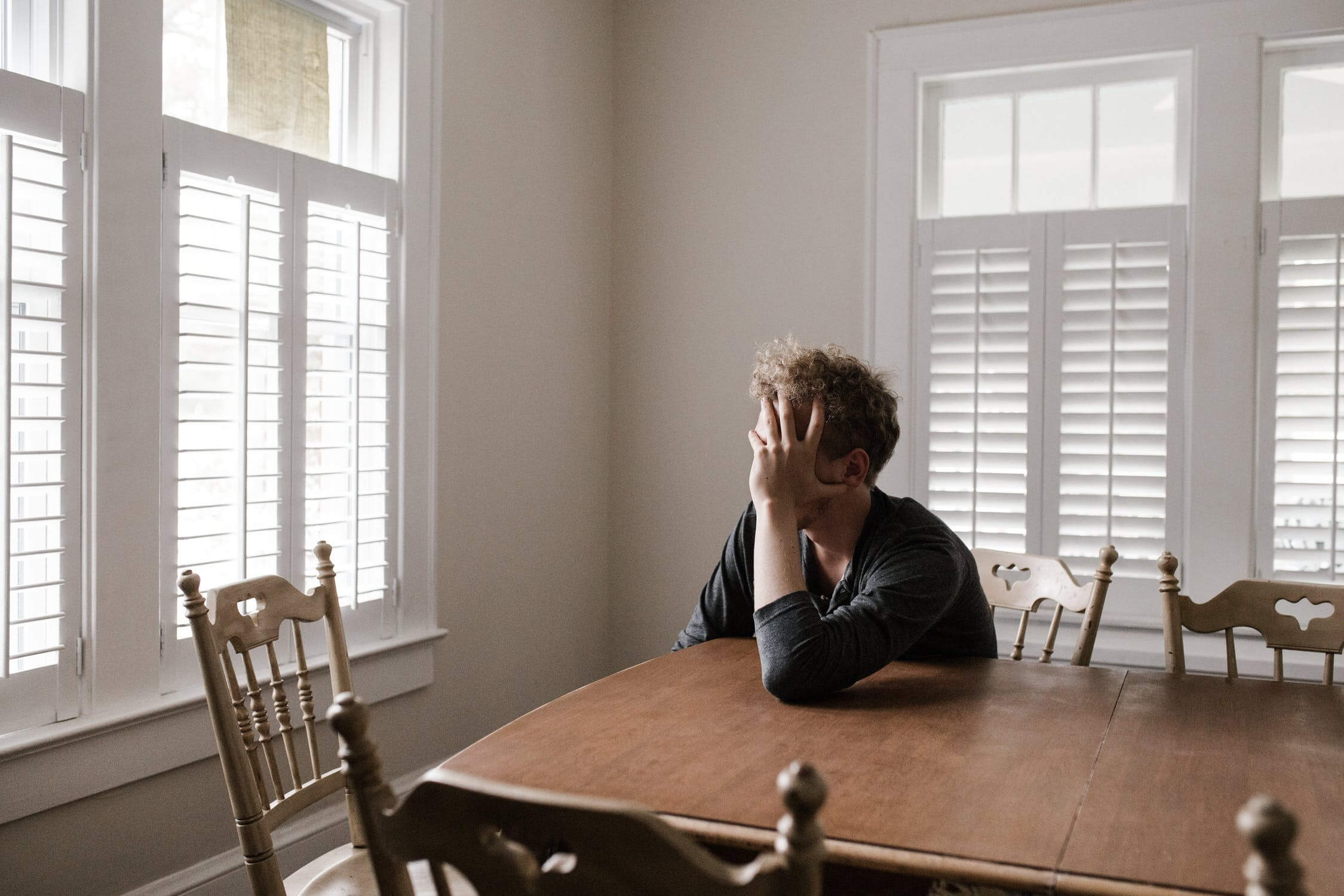Common reasons for caregiver stress
A caregiver or a caretaker, in the literal sense, is someone that gives or takes care of another person. This care is usually not medical care, but taking care of another person’s physical and sometimes psychological health.
Because the services rendered by a caregiver are not usually a medical one, one doesn’t need to be well versed in any particular area of life to be a caregiver. Most caregivers are traditionally a person related to the care-receiver. But because of the stress that comes with being a caregiver, some care-receivers opt to hire caregivers – mostly through an agency. Some of the caregiver difficulties and stress will be discussed later in this article.
A caregiver has to take care and offer companionship to a care-receiver. A caregiver has to necessarily take care of the physical needs of a care-receiver and sometimes offer medical assistance. A caregiver has to take care of the personal needs of the care-receiver, like cleaning after the care-receiver, grooming, bathing, and, of course, taking the care-receiver on exercise. The primary medical help or care offered by a caregiver is ensuring that the care-receiver takes his/her drugs when due and ensuring that he or she meets up with the doctor’s appointment.
Let’s now dive into the main topic. Do you know that often, caregivers undergo physical and emotional stress – mostly emotional – while carrying out their duties? It will come as a surprise to you that, if a caregiver doesn’t take care of himself/herself, he or she will eventually become mentally and psychologically drained. The mental and psychological breakdown or burnout that caregivers undergo is usually because they think that they don’t have control of the situation of the care-receiver. Some of the breakdown or exhaustion that a caregiver might experience includes depression, fatigue, unfounded hostility and anger, difficulty in sleeping, and many other things. Let us now look at the things or reasons that might make a caregiver break down.
Causes of caregiver stress.
- The fear of uncertainty: like I said earlier, the primary cause of caregiver stress or burnout is when the person starts to think that he/she is not in control. The fear of uncertainty usually occurs when the caregiver is related to the care-receiver. The fear that that family member might not recover from a chronic illness might cause the caregiver to break down.
- The amount of work to be done: people don’t usually know how difficult it is to care about some until they do it. Imagine the physical and psychological stress that parents go through while taking care of their children, now multiply that stress by the age of a care-receiver. A caregiver can get stressed out when the amount of work to be done becomes too much on him/her.
- No time for himself or herself: being a caregiver takes time and energy. A person donates almost twenty-hours of his time taking care of a care-receiver. By the end of the day, a caregiver might discover that he or she will not be able to have time to take care of his or her personal needs. This can also lead to stress or burnout.
In summary, the stress or burnout that comes with being a caregiver is frequently overlooked. If you are a caregiver, remember that you have to be healthy to take care of a care-receiver. Therefore, you are advised to take good care of yourself as you take care of other people.


